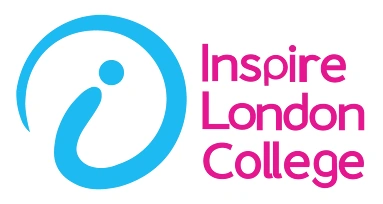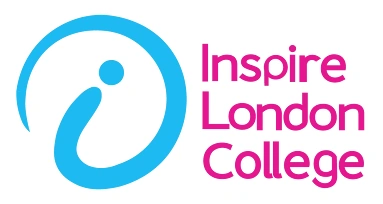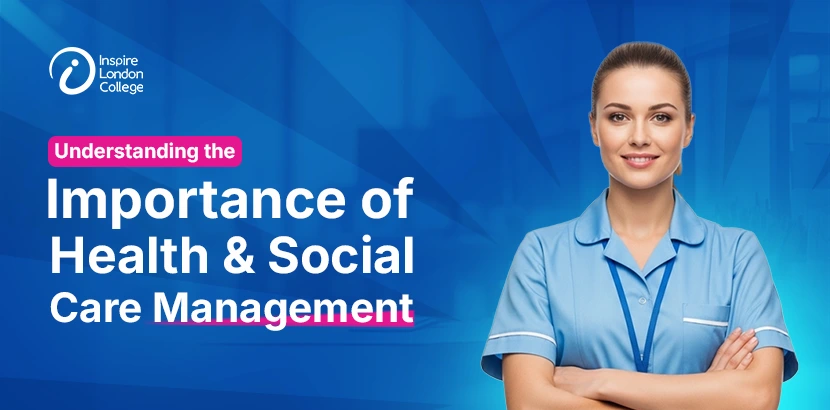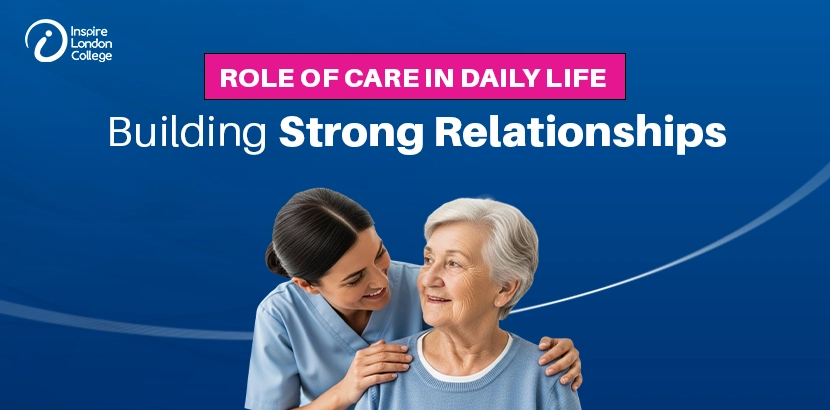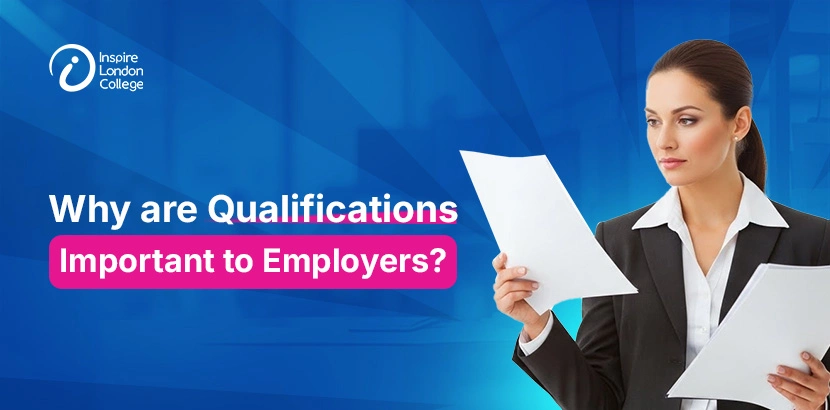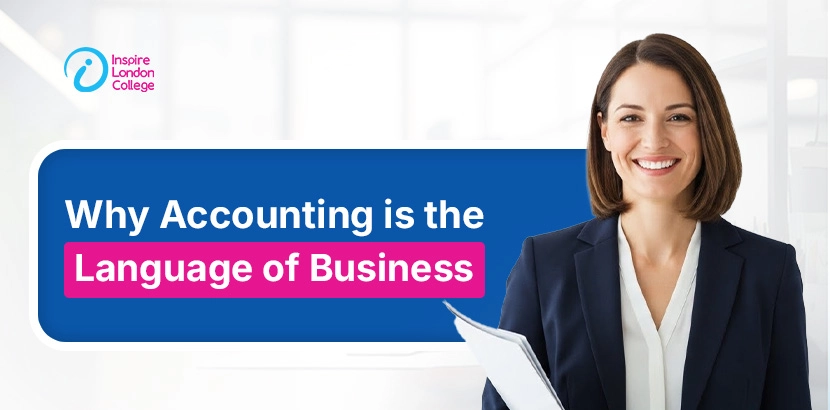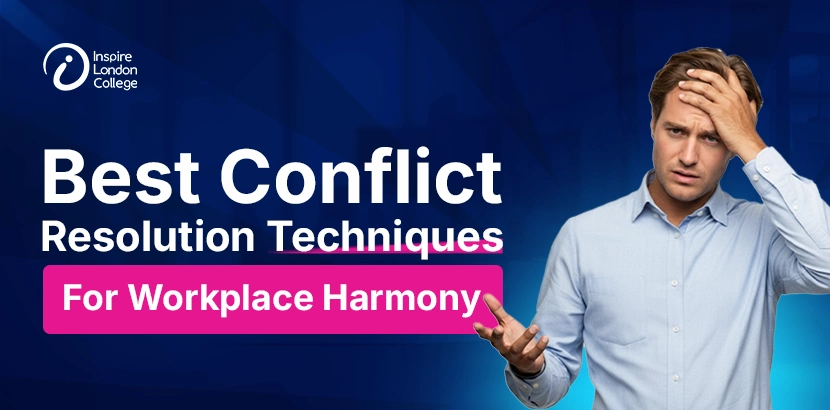The early years are critical in children’s development. If you’re passionate about working with young children and shaping their earliest experiences, becoming an early years educator could be the perfect career path for you. You’ll use your knowledge and skills to help young children enjoy high standards of teaching and open their minds to new ideas every day. If you are wondering, what qualifications do I need to be an early years teacher, this blog is a perfect guide for you, no matter if you want to begin or grow your career in early childhood education.
Why Are Early Years Educators So Important?
The early years, typically from birth to age five, are widely recognised as the most critical period in a child’s development. During these formative years, children experience rapid growth in their cognitive, emotional, social, and physical skills. This is when they learn to walk, talk, build relationships, express their emotions, and make sense of the world around them.
Early years teachers play a central role in this process. They are not just teachers; they are caregivers, mentors, observers, and emotional anchors for children during this sensitive phase. They help children explore, ask questions, solve problems, and develop early mental and physical skills through carefully planned play-based learning and structured activities. More importantly, early years teachers create a nurturing environment where every child feels safe, valued, and confident to learn at their own pace.
What Skills Do You Need to Be an Early Years Teacher?
Here are the following skills you need to be an early years teacher:
Excellent Communication
As an early teacher, it’s essential to clearly articulate thoughts and concepts in a way children can comprehend. A good communicator can effectively break down complex ideas into manageable chunks for a child. At the same time, you must also communicate effectively with parents, sharing updates on their child’s progress or any concerns with sensitivity and professionalism. Strong communication builds trust, encourages collaboration, and supports a positive learning environment.
Patience and Empathy
Children can be unpredictable; they cry, throw tantrums, struggle to share, or repeat the same question ten times. As an early years teacher, you must remain calm, understanding, and supportive. Patience helps you deal with challenging behaviour, while empathy allows you to connect emotionally with each child, recognise when they need comfort, and respond with kindness. These qualities also create a sense of emotional safety, which is necessary for learning.
Creativity
Young children learn best through play and hands-on experiences. That’s why creativity is a must. A creative approach to teaching can make learning fun and exciting for children. Incorporating games, stories, art or songs into lessons can capture children’s attention and stimulate their curiosity and imagination.
Curriculum Development
A deep understanding of curriculum design is essential for shaping meaningful learning experiences. As an early childhood teacher, you need to develop a suitable curriculum that meets the educational needs of children and follows established standards and guidelines to support their overall growth and learning. This involves setting learning outcomes, integrating cross-curricular themes and continuously evaluating the effectiveness of your teaching strategies. Effective curriculum development ensures a well-rounded, inclusive education that supports every child’s growth.
Assessment Skills
In addition to observing children, early years teachers must accurately assess their progress. Assessment skills involve evaluating student progress and being able to design and perform relevant assessments. This may include creating progress reports, conducting child-led assessments, and using checklists or developmental tracking tools. Strong assessment skills ensure that learning is purposeful, gaps are identified early, and parents receive meaningful feedback on their child’s development.
Safeguarding Knowledge
Safeguarding is one of the most critical responsibilities in early years education. You must be trained to recognise signs of abuse, neglect, or emotional distress, and know how to respond and report concerns appropriately. Beyond that, safeguarding includes ensuring the environment is clean, safe, and secure, with appropriate adult supervision at all times. Your awareness and actions help protect every child’s health, dignity, and well-being.
Why Choose Inspire London College for Your Early Years Qualifications?
You can pursue early years qualifications from anywhere, but choosing the right one can make all the difference in how confidently and quickly you grow in your career. That’s where Inspire London College stands out. Inspire London College offers online, career-focused programmes designed to give you the best possible start and progression in your early years education career. With flexible learning, expert support, and industry-relevant training, Inspire London College ensures you gain the skills and recognition you need to succeed. Whether you’re just starting out or aiming for a leadership role, these courses are designed to support every stage of your career. Inspire London College also offers flexible online early years teacher training options to help you build a rewarding and impactful teaching career.
Here’s a closer look at the early years education qualifications that Inspire London College offers to help you build a strong foundation or advance to the next level:
Level 3 Diploma in Early Years Education and Care
As an early years teacher, you can shape the future of the youngest learners. That’s why we have created this Level 3 Diploma in Early Year Education and Care for you. It’s an ideal starting point for anyone who wants to become a fully qualified early years educator. This online course is designed to equip aspiring individuals and current early years professionals with the skills, knowledge and confidence in order to support children’s development during their most critical years. Whether you’re aiming to work in a nursery, preschool, or reception class, this qualification opens the door to a wide range of rewarding roles.
On successful completion, learners can pursue careers as an Early Years Educator, Nursery Assistant, Preschool Teacher, or Childminder. This qualification is widely recognised across the UK and serves as a strong foundation for building a long-term career in early childhood education. It’s a smart, confidence-building step for anyone ready to make a meaningful difference in young children’s lives and a great entry point for those exploring early years teacher jobs.
Level 3 Diploma in Specialist Support for Teaching and Learning in Schools
Have you ever thought about becoming a teaching assistant in a school? The Level 3 Diploma in Specialist Support for Teaching and Learning in Schools is an excellent qualification for those who are working or aspire to work as teaching assistants, particularly in early years or primary school settings. This online course is designed to equip learners with the knowledge and skills needed to support children with a wide range of learning needs, including those with special educational needs.
Throughout the course, you will explore the wide range of modules designed to enhance your ability in order to support teaching and learning in schools. You’ll learn how to assist with classroom learning activities, promote positive behaviour, understand inclusive education practices, and collaborate effectively with both teachers and parents to support each child’s development.
Whether your goal is to become a Teaching Assistant, SEN Support Worker, or Classroom Support Staff, this qualification opens up various opportunities in school-based roles. If your interest lies more in supporting children within a school environment rather than a nursery, this course is a perfect fit.
Level 4 Diploma in Early Learning and Childcare
Early childhood education plays an important role in shaping an individual’s future and professionals in this field have the power to make a lasting impact. The Level 4 Diploma in Early Learning and Childcare is ideal for educators who already have some experience in early years settings and are ready to step into more senior, supervisory roles. This advanced qualification is designed to deepen your understanding of child development while enhancing your ability to lead, plan, and manage within a nursery or early education environment.
With this online course, you can get promoted to roles like Room Leader, Senior Nursery Worker, or someone who helps plan and manage the early years curriculum. After completing this course, you’ll not only strengthen your knowledge but also position yourself as a capable leader ready to make a meaningful impact in any early years setting.
Level 5 Diploma in Early Learning and Childcare
Are you passionate about shaping the minds of young children and leading high-quality early years environments? If so, this Level 5 Diploma in Early Learning and Childcare is the perfect option for you. This advanced online qualification is designed for professionals who aspire to move beyond classroom roles and take on leadership or managerial positions within early years settings. You’ll gain deep knowledge of managing nursery operations, implementing effective policies and procedures, leading and motivating teams, and driving continuous quality improvement.
You will explore areas like child psychology, safeguarding, curriculum design, and health and safety that prepare you to support children’s learning and emotional wellbeing during their most developing years. This diploma opens doors to career opportunities, such as Nursery Manager, Setting Leader, or even Childcare Consultant.
If you’re passionate about shaping early years environments at a leadership level, this course provides the perfect blend of educational expertise and managerial training to help you succeed. With experience and advanced qualifications, your potential early years teacher salary can increase significantly, especially in leadership or specialist roles like Nursery Manager or EYFS Coordinator.
Final Thoughts
What qualifications do I need to be an early years teacher? It’s not just a practical question, it’s the first step toward a truly meaningful career. Being an early years teacher is more than just a job, it’s a chance to shape young lives in meaningful ways. Early years teachers shape the social, emotional, and intellectual foundations of a child’s entire life. To do this effectively, you need the right skills, a deep understanding of child development, and recognised qualifications that open doors to meaningful roles. Whether you’re just starting your journey or aiming for leadership in early years education, Inspire London College offers a clear pathway to help you succeed. Each course is designed to give you the confidence, expertise, and practical skills needed to make a real difference.
